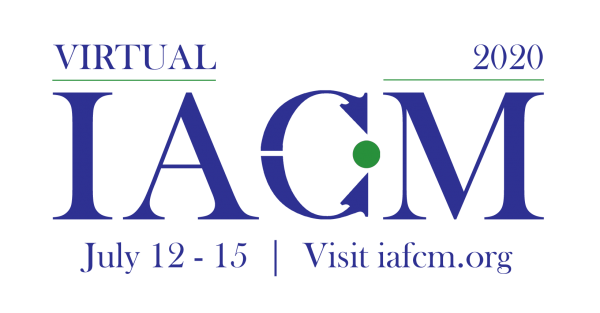Full Program »
Preventing a Second Korean War: A Case Study of Crisis Management – Readiness Theory Perspective
This study explores the usefulness of readiness theory for illuminating the fundamentals that contributed to the process of moving from escalation to de-escalation in the US–North Korea 2017–2018 crisis. By applying the analytical framework of readiness theory which uses multiple variables underlying the transformation process of conflicts, this study elucidates the interplay of the various elements that contributed to the winding down of the intense crisis. These elements included bilateral strategies applied by both parties and the involvement of third parties. South Korea's valuable role in alleviating the crisis is also explored as well as China’s engagement.
